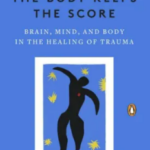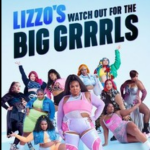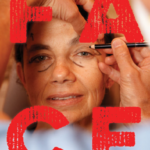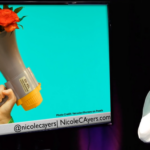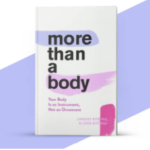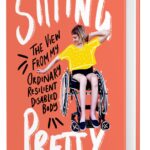Category: Body-Positive Media
I was drawn to read The Body Keeps the Score because of what I knew intuitively about how the body stores all our hurts and heartbreaks from my own journey to make peace with my body. Dr. Van der Kolk writes, “Trauma victims cannot recover until they become familiar with and befriend the sensations in their bodies.” I had experienced this on a personal level. When I was writing love notes to my body’s parts, often what I wrote about were past emotional hurts that were connected on a visceral level to my physical body.
Read MoreThis show is reality TV at its finest.
When Lizzo needed dancers for her 2022 tour, talent agencies weren’t sending her dancers in larger bodies. So she set out to find her own dancers. The show follows thirteen dancers who hope to dance onstage with Lizzo.
Watching each episode brought me so much joy, and I think Lizzo’s Watch Out for the Big Grrrls is worth watching for many reasons.
I’ve been excited to read this book since a friend popped into my DMs to tell me it existed. A book that takes a deep dive into how society perceives women’s faces as they age? And explores the effects of those perceptions on women? This is exactly the kind of conversation I want to have.
Read MoreYou were glorious and steady and strong. You said everything I wanted you to say, and you were magnificent. I am so proud of you, so proud of us.
Read MoreIt’s a solid read about living in a world that tries to make us believe that how we look is the most important thing about us. They use a metaphor, the Sea of Self-Objectification, throughout the book to help readers understand the many ways, or waves, that we can be overwhelmed by how we view our bodies, as well as other people’s.
Read MoreRead Sitting Pretty. It will make you ponder a more accessible world long after the you finish the last essay.
Read More
